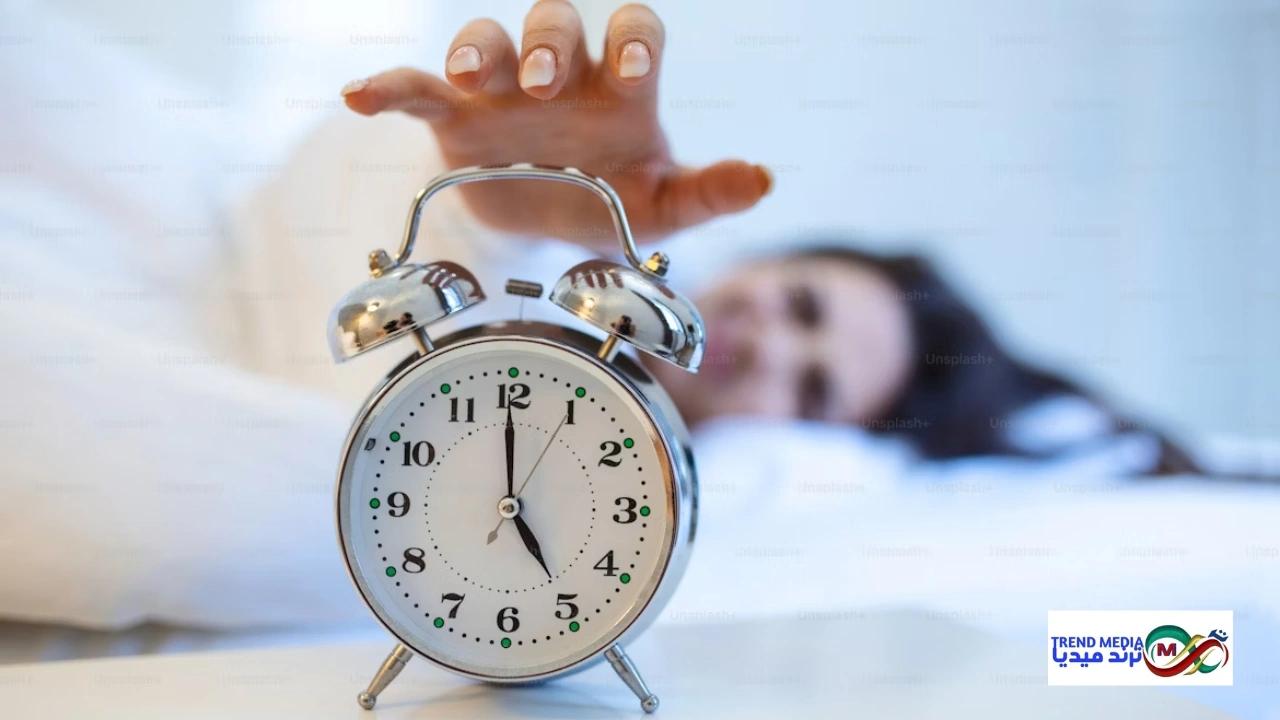This article is available in :
العربية
What is lack of sleep?
Not getting enough sleep or unsatisfactory sleep. When severe or chronic, it can interfere with daily activities and worsen health issues.
Basic facts
- Daily need for sleep (by age): Age Group Recommended Sleep Hours Newborns 14-17 hours Infants (4-12 months) 12-16 hours Children (1-5 years) 10-14 hours School age (6-12) 9-12 hours Teenagers (13-18) 8-10 hours Adults (18+) 7-9 hours
- Note: Individual needs vary, but sudden changes in sleep should prompt a consultation with your doctor.
Main symptoms
- Early:
Daytime sleepiness, fatigue, irritability, difficulty concentrating - Advanced (similar to alcohol poisoning):
Short sleep spells – hallucinations – droopy eyelids – slurred speech – impulsive behavior
Time Stages of Lack of Sleep
| Duration without sleep | Effects |
|---|---|
| 24 hours | Poor reaction time (driving risk) |
| 36-48 hours | Difficulty thinking – short bouts of sleep |
| 72+ hours | Hallucinations – Communication Disorder |
| 96+ hours | Losing the distinction between reality and hallucinations |
Serious health complications
Chronic lack of sleep affects:
- heart: High blood pressure – Strokes
- metabolism: Type 2 diabetes – Obesity
- immunity: Poor resistance to infection
- brain: Memory impairment – increased risk of Alzheimer’s
- Mental health: Depression, anxiety, psychotic episodes
The difference between insomnia and lack of sleep
| Insomnia | Lack of sleep |
|---|---|
| Not being able to fall asleep despite trying | Insufficient or poor quality sleep |
Common causes
- Behavioral factors:
- Night shifts
- Caffeine/alcohol abuse
- Bad sleep habits
- Medical issues:
- Sleep apnea
- Restless legs syndrome
- Chronic pain
- Neurological diseases (Alzheimer’s, Parkinson’s)
- Mental health:
- Depression – Anxiety – PTSD
Medical diagnostics
- Basic examinations:
Sleep history – clinical examination - Specialized tests:
Polysomnography – Electroencephalography (EEG) – Mindfulness test (MWT)
Treatment options
- Changing sleep behaviors:
- Consistent sleep routine – dark/quiet bedroom
- Avoid screens two hours before bedtime
- Medical treatments:
- Air compressors (for apnea)
- Precisely prescribed medications (such as melatonin)
- Psychotherapy:
- Cognitive behavioral therapy (CBT) for sleep-related anxiety
Prevention and symptom management
- Golden prevention: Stick to a consistent sleep schedule, even on vacation.
- Practical tips:
- Avoid fatty meals before bedtime
- Exercise regularly (not right before bedtime)
- Limit liquids at night to avoid frequent waking up
- Warning: Do not use hypnotics without medical advice.
Medical outlook
- can be successfully treated in most cases.
- The key: Early diagnosis and addressing the root cause.
- Warning: Neglecting treatment increases the risk of permanent complications by 40%.
Discover more from ترند ميديا
Subscribe to get the latest posts sent to your email.
Follow Us


